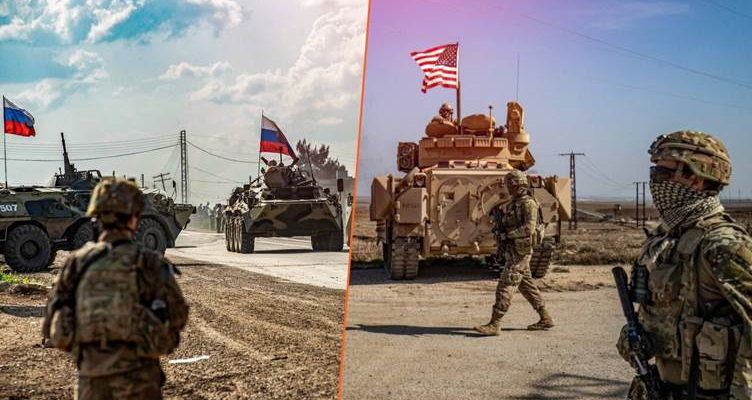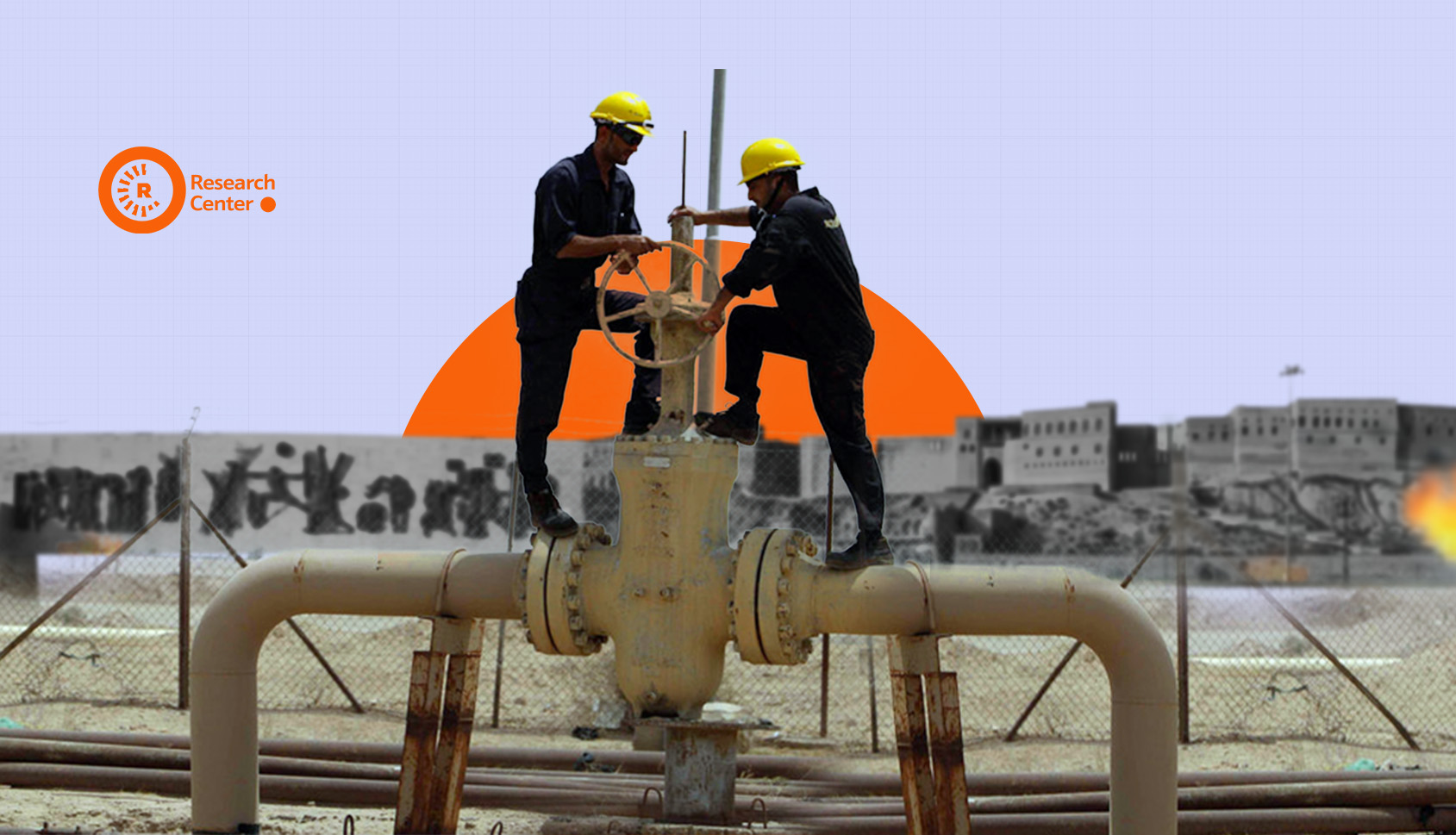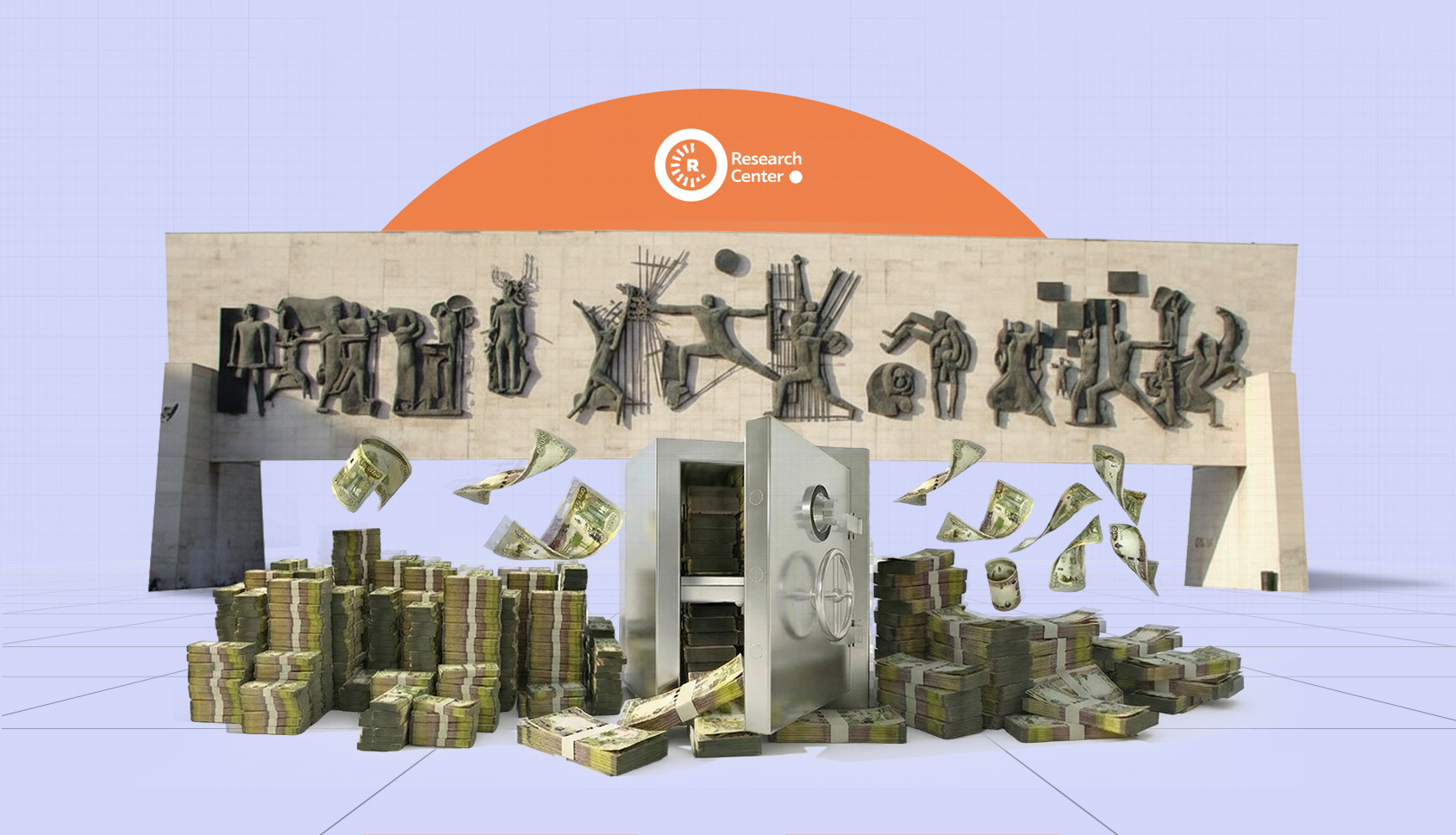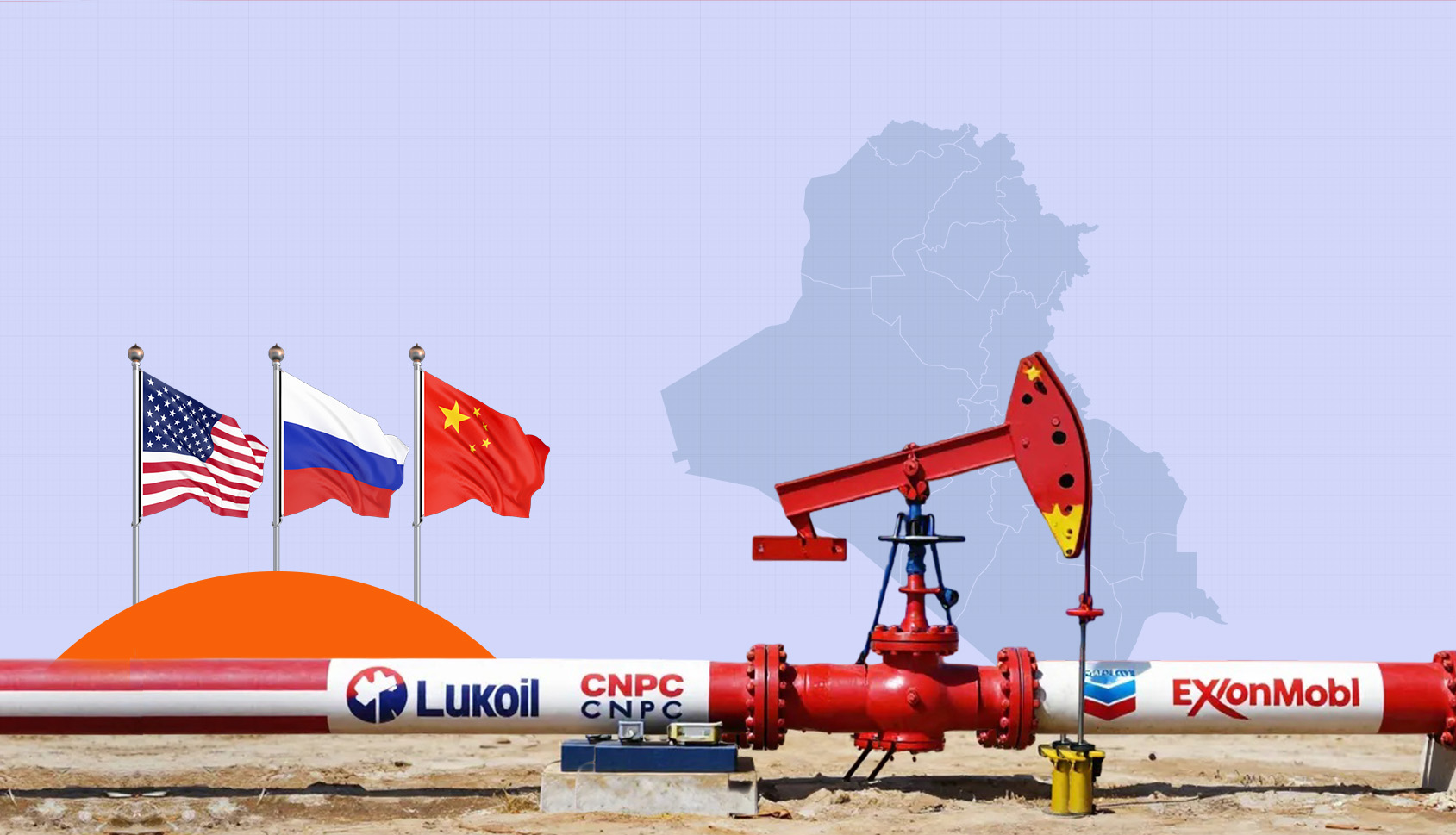RRC |
Kardo Binar|
The Russian president Vladimir Putin in meeting with his Syrian counterpart Bashar al-Assad asserted that all the foreign troops that do not have UN permission should leave Syrian territory. In the past three years two more times Putin stressed on that, this show the will of the rivalry between regional and international actors in the country.
In this analysis trying to give presumptive perspective on the future conflict between these actors in Syria.
The external actors’ different goals and interests
Iran, consider Syria as strategic ally and since the beginning of the crisis in 2011 has been taking side with Syria completely. And with escalation of the crisis, Iran established the holy shrine defenders in Persian known as ‘’Modāfe’ān-e-Haram’’ and for that benefited from Shia Afghan and Pakistanis to create ‘’ Fatemiyoun ’’ and ‘’ Zainabiyoun’’ brigades and consolidated its position in Syria. Since early of Syrian crisis Iran’s main goals are protecting Assad’s state as one of the founders of ‘’axis of resistance’’, empowering Shia faction through organizing ‘’Ansar al-lwatani’’ force in Syria, as well as taking benefit from the geopolitics of Syria as neighbor of Israel.
Turkey, is hosting most of the Syrian refugees which is now under lots pressure, since mid of 2011 and later on Turkey has been supporting resistance against Assad, Turkey rushed and openly provided diplomatic, logistics, financial and military support and in 2016 officially Turkish army units settled in Syria. And in 2018 launched the Afrin offensive and occupied the Afrin canton, and in 2020 taken some of the areas in east of Euphrates. Main goal of Turkey was to topple down Assad’s regime and establish Muslim brotherhood state affiliated with Turkey but after passing time and was clear that Turkey cannot achieve this goal then Turkey has changed its strategy to prevent establishment the Kurdish region similar to Iraqi Kurdistan region on the shared borders between Turkey and Syria, especially since Kurds of Syria considered as followers of PKK and Abdullah Ocalan.
Russia, on September 30th 2015, after that Syria officially requested to launch airstrikes against ISIS and other anti-Syrian regime groups then Russia directly entered the heart of Syria. Russia’s will is return to the Middle East and restore its previous power in the region in order to compete with America. Russia through the Syrian crisis tried to reduce US and other western allies’ pressure on Crimea and Ukraine crisis. The Russians stressed on that they are the only permitted and legal force in Syria and rest of other forces should leave Syria.
US, in 2014 after creation of the global coalition against ISIS, US practically stepped in to Syrian crisis and in September 2016 some of the US forces along with Kurdish forces in Rojava conducted military operations against ISIS and they are still based in those areas in north-east Syria. And other American forces are in Tanf south of Syria, shared border with Jordan and with their support backs some Syrian rebels stood against Assad. US is in chaotic strategy in Syria. Due to its failures in regime change with highly cost in Iraq and Afghanistan, US deliberately did not take the chance to topple down Assad. Defeating ISIS is key driver of American presence in Syria but if they can get out their shoulder from the political and moral responsibility they will end their support to the Kurds and leave Syria!
The Arab axis (Jordan, Saudi Arabia…..) these actors do not have military presence in Syria, but through their proxies are in rivalry with other actors especially with Iran and Turkey. Among them Jordan in Tanf along with Americans is supporting Syrian rebels.
Hezbollah of Lebanon, without permission of the Lebanese state and along with the Islamic republic of Iran have military presence in many areas of Syria, goal of Hezbollah is goes with will and interests of Iran and want to take benefit from Syrian territory to invest and collect weapons and reduce level of damage in its clashes with Israel.
Israel, although that Israel does not have military presence in Syria but in the past years regularly carried out airstrikes with missiles and drones against Iran, Hezbollah and even Syrian army targets, so Israel also appeared as one of the key actors in Syrian crisis.
Conclusion
Among the international actors in Syria Russia and US are the powerful one there. As mentioned US does not have long strategy to stay in Syria and is trying to make a deal between Kurds, Turkey and to some extent with the Syria state to make an opportunity for its forces to withdraw. But Russia unlike America has long-term strategy to keep its military presence there. Therefore Russia is considered as most influential and important foreign actor in Syria.
At the second level and regional powers, we have to mention Iran and Turkey which they are collaborators and rival at the same time. Although Iran has better position than Turkey in Syria but due to its relations with Russia in nuclear energy and hostility against America cannot traditionally continue its military and advisory presence in Syria.
Despite that Turkey, Iran and Russia in Sochi talks made an alliance regarding to the developments in Syria but this was lasted for short time and soon later there was clash of interest due to taking different steps by each power in Syria. Turkey’s forced withdrawal experience against Russia in 2016, has proven that both Iran and Turkey in the midterm will decline against Russia’s will in Syria and they have to pick different policy than current one in Syria.






